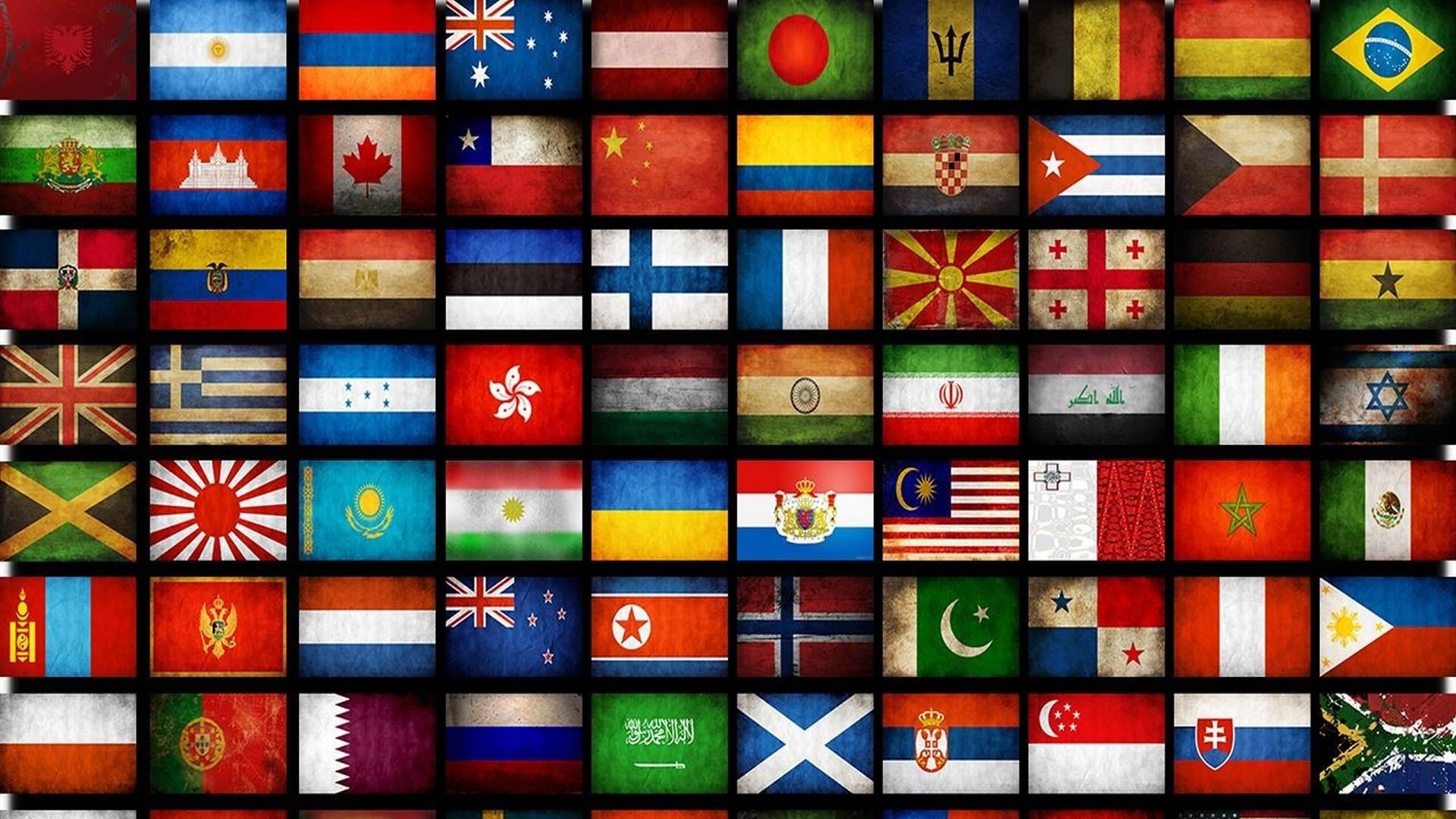Nationality and Citizenship
The term “Nationality” is a broader concept which is often used as a relationship of individual and state from international aspect whereas the term “Citizenship” has a relation to internal aspects between state and individual. An individual cannot change his “Nationality” but he always has an option to change his “Citizenship”. Therefore, the misconception of using both the… Read More »
;
The term “Nationality” is a broader concept which is often used as a relationship of individual and state from international aspect whereas the term “Citizenship” has a relation to internal aspects between state and individual. An individual cannot change his “Nationality” but he always has an option to change his “Citizenship”. Therefore, the misconception of using both the words as synonymously or interchangeably by the layman is not factually correct. Definition...
The term “Nationality” is a broader concept which is often used as a relationship of individual and state from international aspect whereas the term “Citizenship” has a relation to internal aspects between state and individual.
An individual cannot change his “Nationality” but he always has an option to change his “Citizenship”. Therefore, the misconception of using both the words as synonymously or interchangeably by the layman is not factually correct.
Definition of Nationality
A man’s nationality is denoted as his membership for a state on the basis of his relationship with the state. It is the status of belongingness of the individual to the country. No individual can be ‘national’ of more than one country but can be citizens of one or more countries.
The status of nationality can be acquired by inheritance, birth, parentage, naturalisation, marriage, or repatriation which is subject to the laws prevalent in that country.
It has two kinds of membership with the state:
- Political
- Ethical
It determines the political status of the individual, with reference to allegiance. It is most frequent and sometimes the only link between an individual and a state ensuring that effect is given to that individual’s rights and obligation at international law. Allegiance and protection are the correlative aspects of nationality.[1]
Every country has certain sets of provisions that help in determining the “nationals” of the country. A person who is politically members of the State and owes allegiance towards the state is the ‘national’ of the State but it is not necessary that all of them possess the full civic privileges or political rights which are conferred upon ‘citizens’.
The individual can lose his citizenship having no loss to his nationality of that state. Again, it is not important for an individual to be the residence of the state in order to become a national of that State.
Definition of Citizenship
The concept of Citizenship is related to membership of a state with respect to the certain rights which are enjoyed by an individual under the municipal law of that state. It is a legal or juristic concept because it is important for an individual to obtain a legal sanctity of the state by registering himself as a citizen under the laws of that country.
A person should fulfil all the legal requirements of that country for acquiring a citizenship status. One can become a citizen of the country through various ways was such as by birth, inheritance, registration, marriage or naturalization.
A person can be denoted as the ‘citizen’ when he posses all political rights and civic privileges that are subject to certain disqualifications like the minority, sex, or etc.
It is possible for an individual to change his citizenship whenever he wants and can acquire more than single citizenship at a time. All the citizens of the country are given certain rules and regulations by their government which are binding on them.
The distinction between the two concepts of ‘nationality’ and ‘citizenship’ is explained by Chief Justice Sinha as follows:
“Nationality has reference to the jural relationship which may arise for consideration under International Law. On the other hand, ‘citizenship’ has reference to the jural relationship under municipal law. In other words, nationality determines the civil right of a person, natural or artificial, particularly with reference to international law, whereas citizenship is intimately connected with civil rights under municipal law.
Hence, all citizens are nationals of a particular state, but all nationals may not be citizens of the state. In other words, citizens are those persons who have full political rights as distinguished from nationals who may not enjoy full political rights and are still domiciled in that country.”
COMPARISON
| Nationality | Citizenship |
| Relationship of individual and state from the International aspect. | Relationship of individual and state from Internal aspect. |
| A person with nationality becomes “National”. | A person with citizenship becomes “Citizen”. |
| It is based on the political, ethical or racial concepts. | It is based on the legal or juristic concept. |
| It can be acquired by inheritance, birth, parentage, naturalisation, marriage, or repatriation | It can be acquired by birth, inheritance, registration, marriage or naturalization. |
| It cannot be changed. | It can be changed. |
| Single nationality | Dual Citizenship |
[1] Sub-nominee Union of Scotland and England case 1 Moore KB 790, (11 Digest Reissue) 656.




